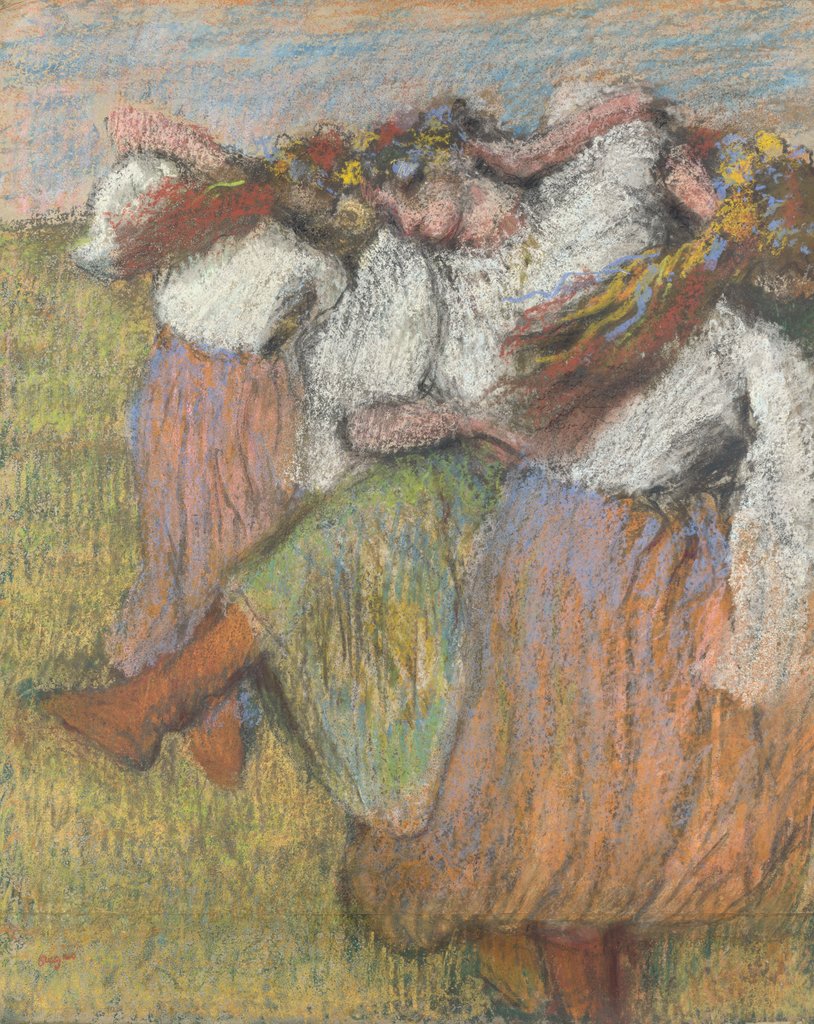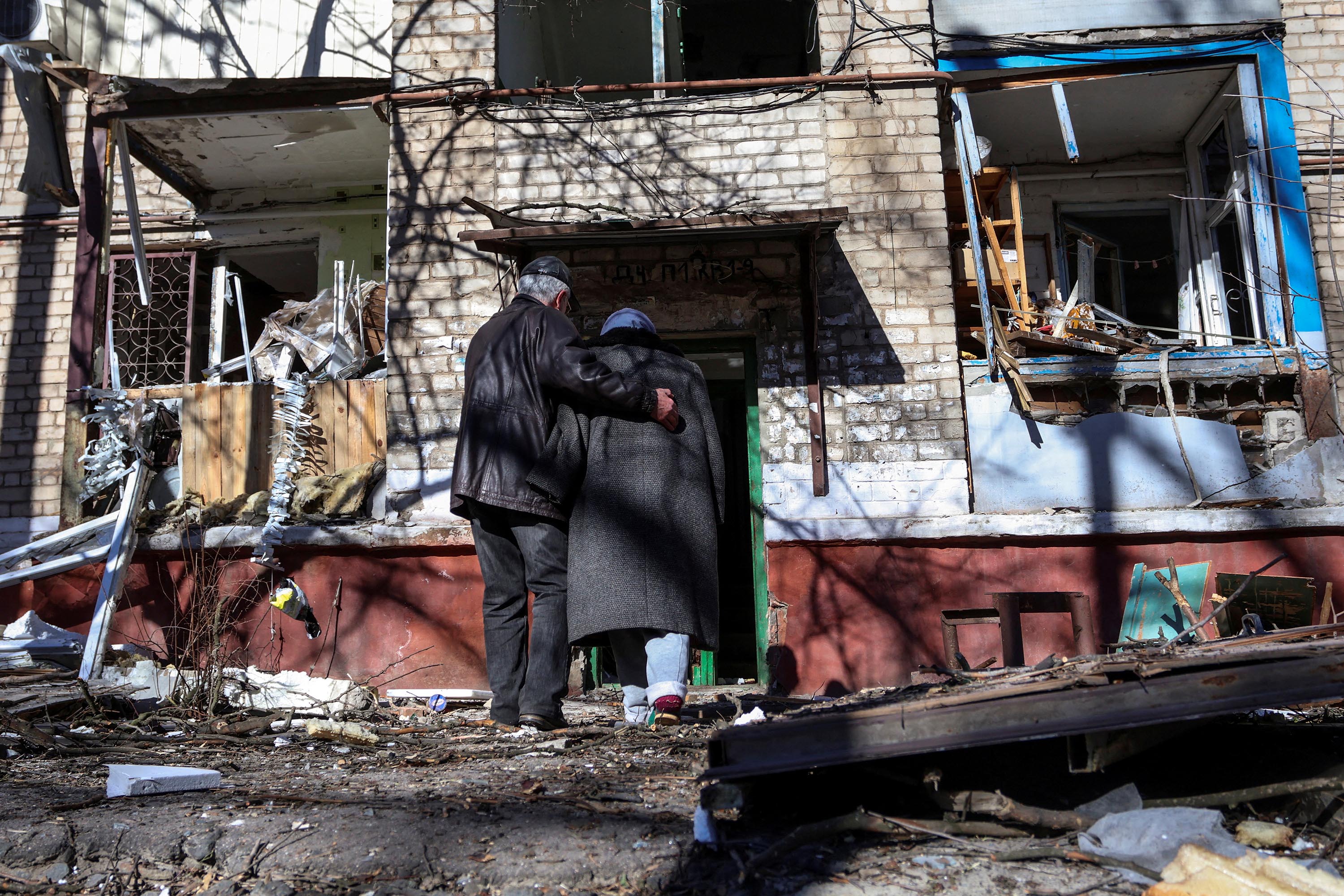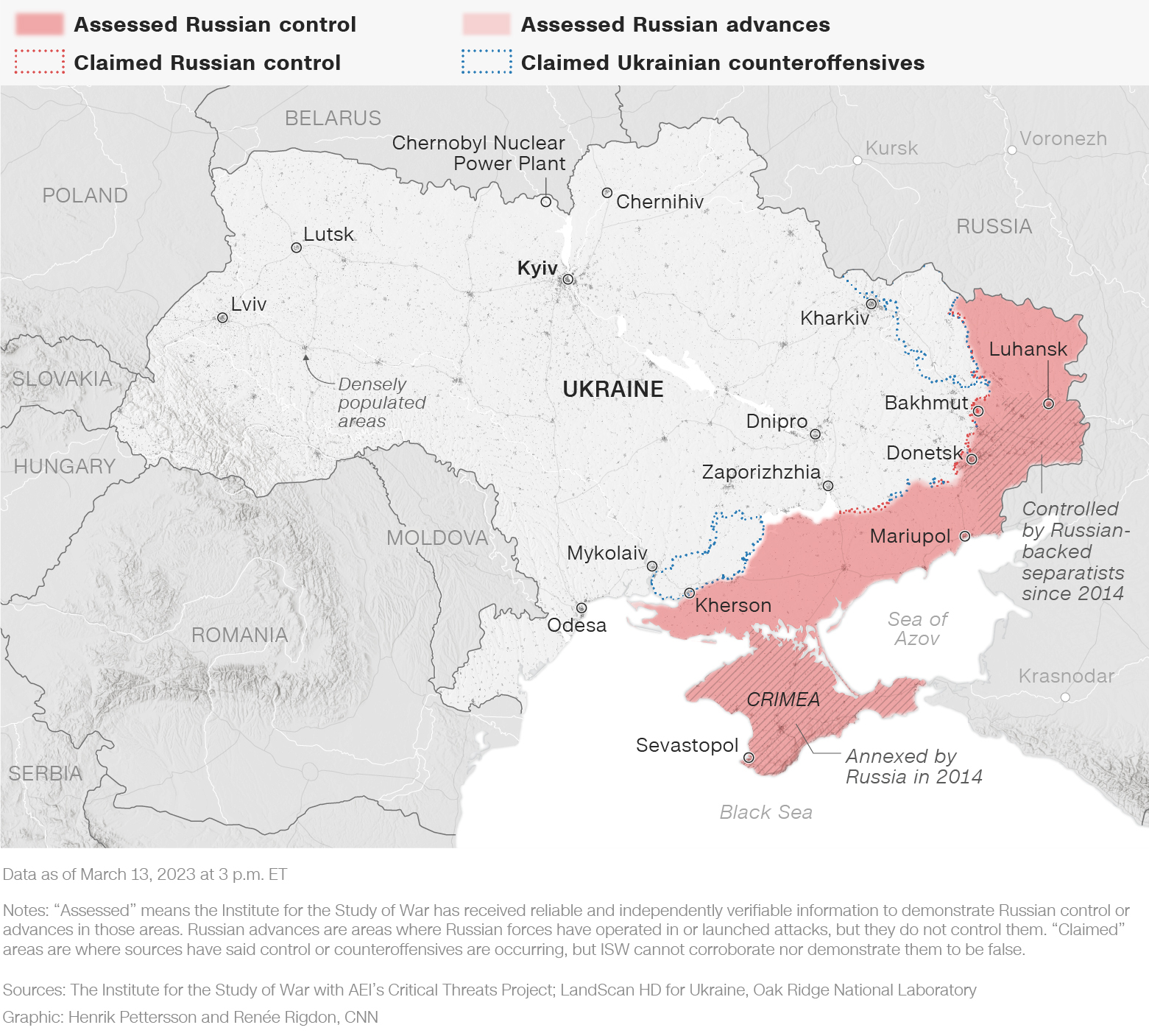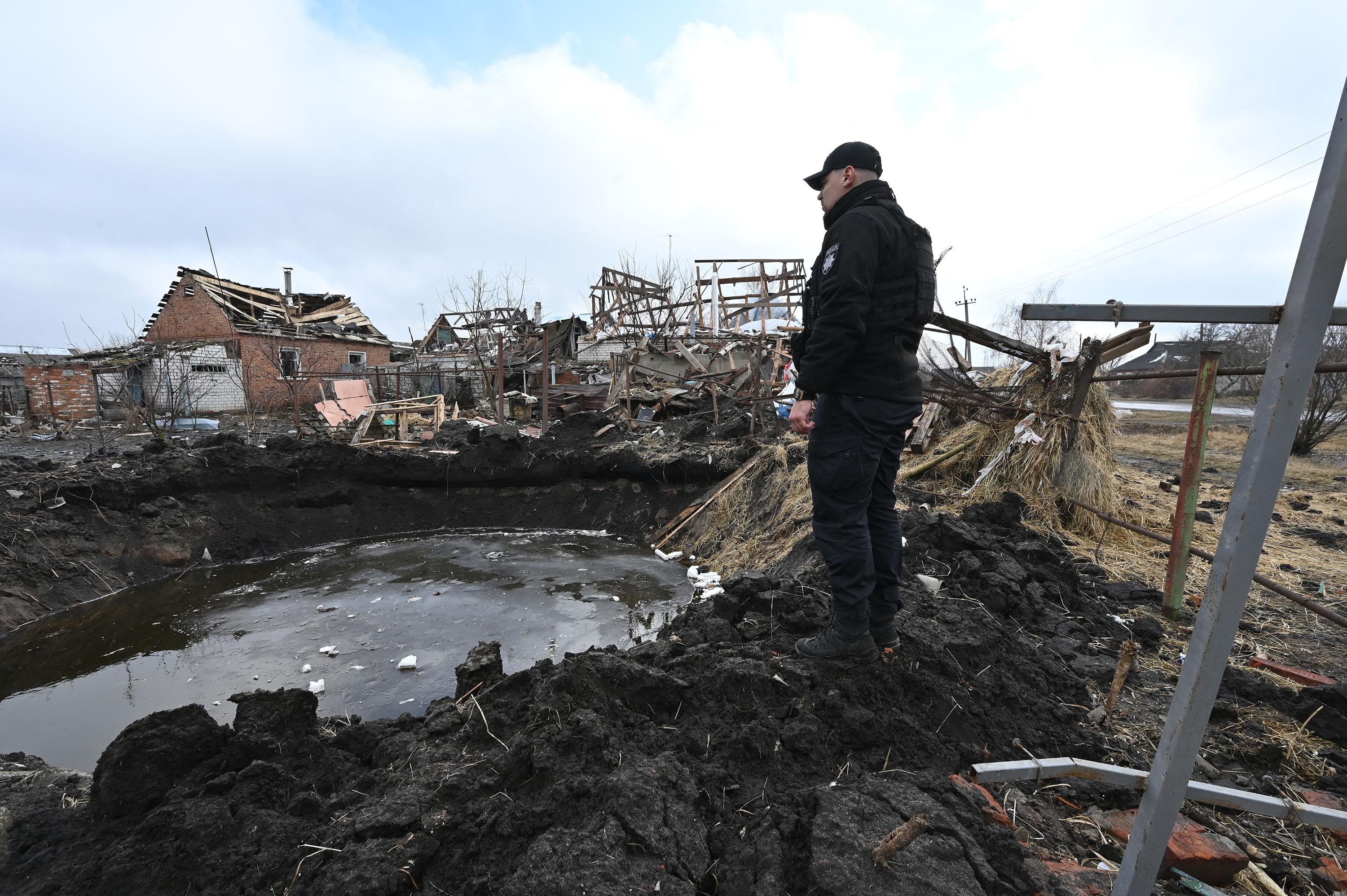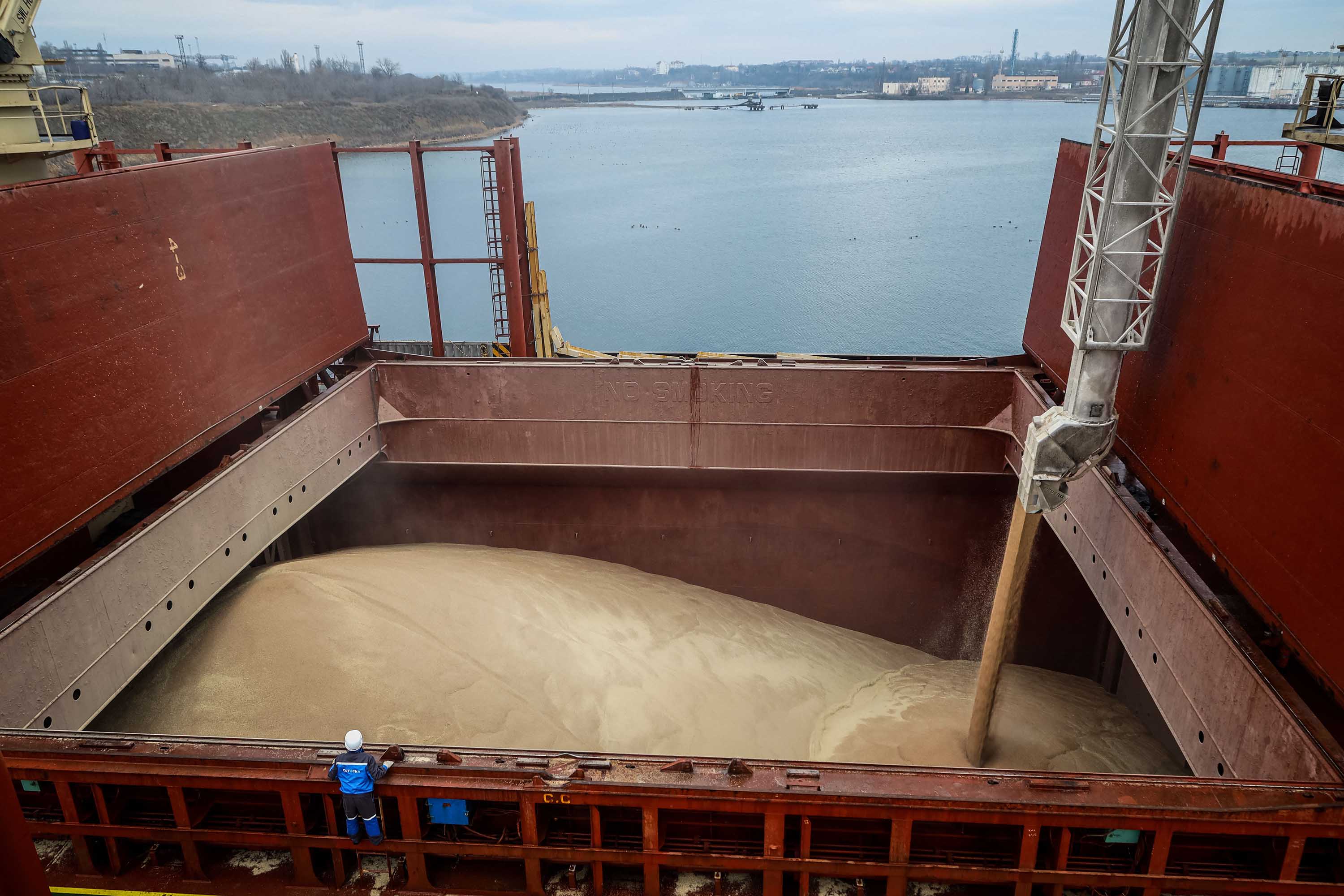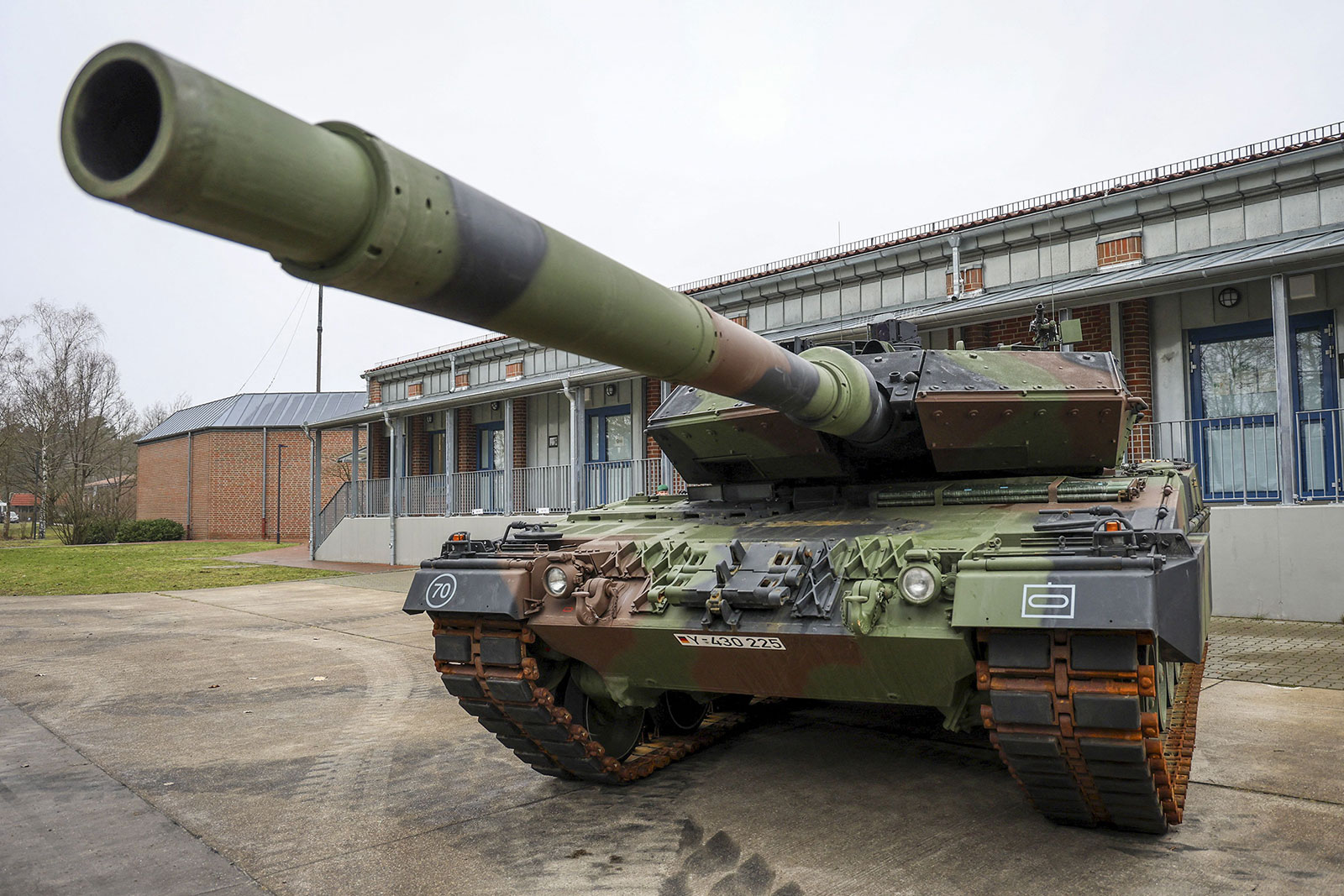
Ukrainian soldiers have nearly completed their training on Leopard 2 battle tanks in Munster, Germany, according to a spokesperson for the special training command of its armed forces, the Bundeswehr.
The spokesperson — who is routinely not named — told CNN that with training now concluding, it would soon be feasible for Germany to deploy the Leopard 2 tanks to Ukraine. Germany has so far vowed to supply Ukraine with 18 of the latest A6 model Leopard 2 tanks.
The spokesperson said the Ukrainian soldiers were “highly motivated” and used the five-week training “more than effectively.”
The spokesperson said the soldiers were trained 12 to 14 hours a day, six days a week, over the past five weeks. The spokesperson said they were trained as drivers, gunners, technicians, commanders and maintenance personnel.
The soldiers were first taught how to maneuver the main battle tank as drivers and commanders, the spokesperson said, adding the soldiers said driving the Leopard 2 tanks was like “driving a Mercedes.”
The soldiers completed their final shooting training session Monday, with the spokesperson stating that trainees achieved an 82-85% hit rate under combat conditions.
"This is a super result," he said, adding that the simulator shooting training substantially enhanced the soldiers’ progress.
The spokesperson added the Bundeswehr’s special training command benefited from the experience at a tactical level and regarding wartime experience. He said the instructors were also highly motivated as they knew “what they were making the soldiers fit for.”
The Bundeswehr’s special training command group aims to train 9,000 Ukrainian soldiers in 2023 after training 1,100 in 2022.
Remember: After weeks of squabbling, German Chancellor Olaf Scholz announced the move to send tanks in late January, bowing to intensifying international pressure – led by the United States, Poland and a bloc of other European nations that called on Berlin to step up its military support and commit to sending their sought-after vehicles. US President Joe Biden announced at the same time that he would send 31 M1 Abrams tanks to Ukraine.
